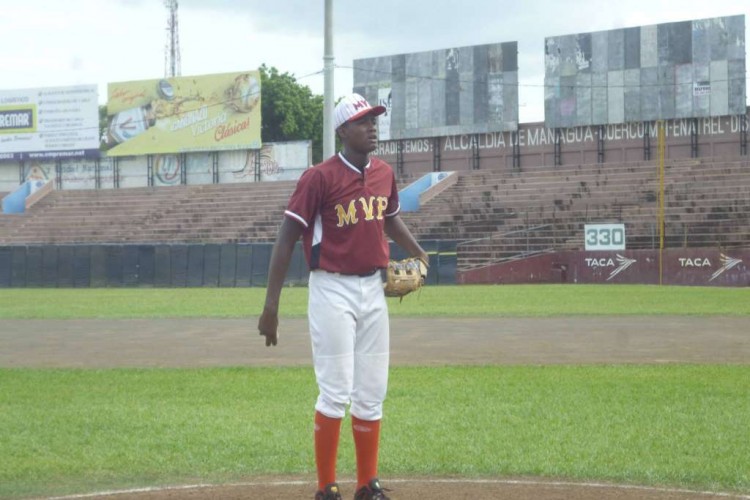rico43
<B>Director of Minor League Reports</B>
With nothing like this currently on the board, we'll start this thread with as much of the standing information has we have, and remember.
First, the late news is that the Reds, who would have had the second-highest international signing budget this coming July, are OUT of the running for top dollar international free agents. That's because they are investing $6 million to sign Cuban shortstop Alfredo Rodriguez. They had only $2.87 available in the current signing period, which is when they have announced the Rodriguez signing will go in effect. One, that puts them in the 100 percent tax bracket, so Rodriguez is actually costing them $12 million. Second, it eliminates them from paying a free agent more than $300,000 for the next two signing period.
The current signing period ends June 15, so the Reds figure to be active until then with the penalty already in effect.
Baseball America estimates that the Reds would have had close to $5 million available next July had they not taken this plunge.
Last July, BBA indicated the followong:
Teams suffering the maximum penalty (two years): Dodgers, Giants, Cubs, Royals
One-year penalty: Blue Jays
In second year of two-year penalty: Angels, Diamondbacks, Rays, Red Sox, Yankees
First, the late news is that the Reds, who would have had the second-highest international signing budget this coming July, are OUT of the running for top dollar international free agents. That's because they are investing $6 million to sign Cuban shortstop Alfredo Rodriguez. They had only $2.87 available in the current signing period, which is when they have announced the Rodriguez signing will go in effect. One, that puts them in the 100 percent tax bracket, so Rodriguez is actually costing them $12 million. Second, it eliminates them from paying a free agent more than $300,000 for the next two signing period.
The current signing period ends June 15, so the Reds figure to be active until then with the penalty already in effect.
Baseball America estimates that the Reds would have had close to $5 million available next July had they not taken this plunge.
Last July, BBA indicated the followong:
Teams suffering the maximum penalty (two years): Dodgers, Giants, Cubs, Royals
One-year penalty: Blue Jays
In second year of two-year penalty: Angels, Diamondbacks, Rays, Red Sox, Yankees

